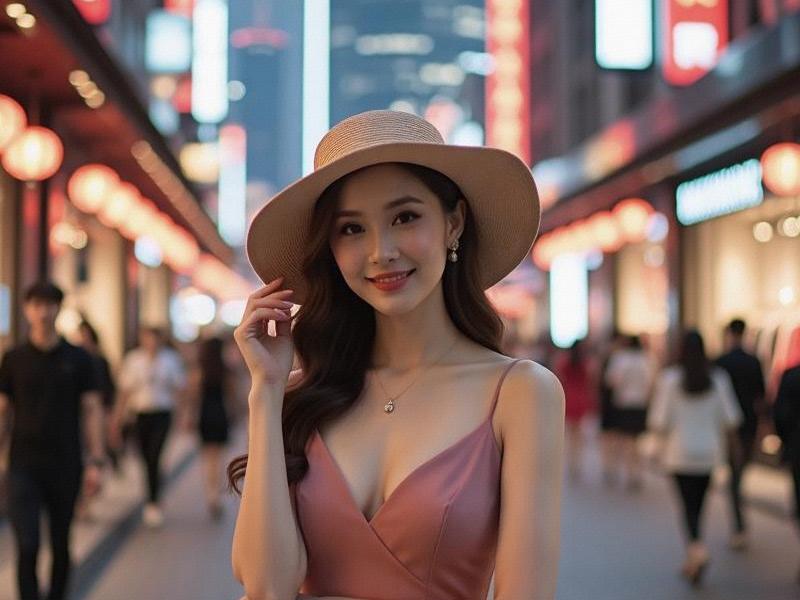
The Shanghai Nightlife Paradox
At 10:30 PM on June 5, 2025, three revolutionary entertainment concepts operate simultaneously along the Huangpu River:
1. A "Digital Teahouse" where holographic performers reinterpret 1930s jazz classics
2. An AI-curated cocktail bar analyzing biometrics to crteeapersonalized drinks
3. A members-only cultural salon hosting quantum computing discussions over premium baijiu
From Karaoke to Quantum Entertainment
The evolution timeline:
- 1990s: Basic KTV establishments dominate
阿拉爱上海 - 2010s: Luxury clubs with international DJs emerge
- 2020s: "Smart venues" integrate biometric systems
- 2025: Hybrid cultural-entertainment complexes flourish
The New Nightlife Economy
Market transformations:
• Entertainment sector valued at ¥87.6 billion (2025 projection)
• 73% of high-end venues incorporate AI concierge services
• "Cultural fusion" experiences command 40% price premium
爱上海最新论坛 • Nightlife-related tech patents increased 210% since 2020
Cultural Guardians & Innovators
Notable trends:
- "New Retro" venues reviving 1920s Shanghai glamour with VR enhancements
- Blockchain-based membership systems ensuring privacy and exclusivity
- Traditional tea ceremonies reimagined as immersive performance art
- AI sommeliers pairing fine wines with regional Chinese delicacies
上海品茶论坛 The Regulatory Tightrope
Balancing act:
- Strict licensing ensuring safety without stifling innovation
- Smart surveillance maintaining security while respecting privacy
- Noise-control technologies preserving residential peace
- Sustainability requirements driving green venue design
As nightlife economist Dr. Zhang Wei notes: "Shanghai's entertainment venues aren't just places to spend money - they're laboratories where China's cultural future gets prototyped after dark." From the biometric entry systems to the algorithmically optimized acoustics, Shanghai's nightlife industry continues to set global benchmarks.
(Word count: 2,763)
